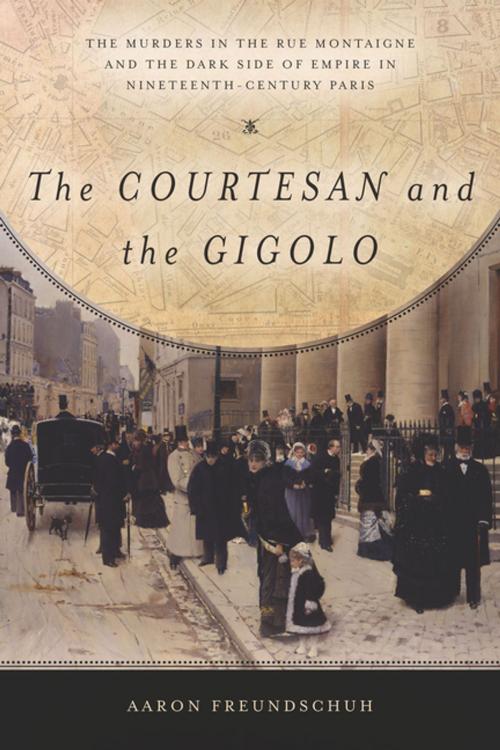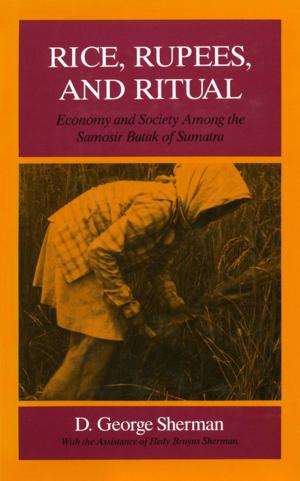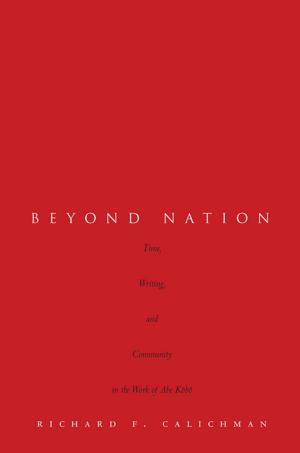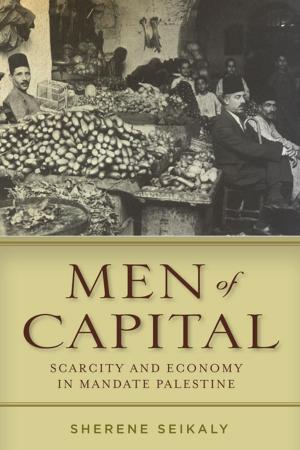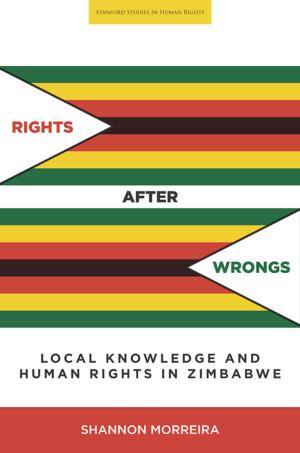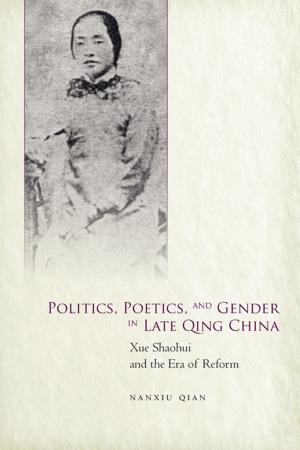The Courtesan and the Gigolo
The Murders in the Rue Montaigne and the Dark Side of Empire in Nineteenth-Century Paris
Nonfiction, History, France| Author: | Aaron Freundschuh | ISBN: | 9781503600973 |
| Publisher: | Stanford University Press | Publication: | January 11, 2017 |
| Imprint: | Stanford University Press | Language: | English |
| Author: | Aaron Freundschuh |
| ISBN: | 9781503600973 |
| Publisher: | Stanford University Press |
| Publication: | January 11, 2017 |
| Imprint: | Stanford University Press |
| Language: | English |
The intrigue began with a triple homicide in a luxury apartment building just steps from the Champs-Elyseés, in March 1887. A high-class prostitute and two others, one of them a child, had been stabbed to death—the latest in a string of unsolved murders targeting women of the Parisian demimonde. Newspapers eagerly reported the lurid details, and when the police arrested Enrico Pranzini, a charismatic and handsome Egyptian migrant, the story became an international sensation. As the case descended into scandal and papers fanned the flames of anti-immigrant politics, the investigation became thoroughly enmeshed with the crisis-driven political climate of the French Third Republic and the rise of xenophobic right-wing movements.
Aaron Freundschuh's account of the "Pranzini Affair" recreates not just the intricacies of the investigation and the raucous courtroom trial, but also the jockeying for status among rival players—reporters, police detectives, doctors, and magistrates—who all stood to gain professional advantage and prestige. Freundschuh deftly weaves together the sensational details of the case with the social and political undercurrents of the time, arguing that the racially charged portrayal of Pranzini reflects a mounting anxiety about the colonial "Other" within France's own borders. Pranzini's case provides a window into a transformational decade for the history of immigration, nationalism, and empire in France.
The intrigue began with a triple homicide in a luxury apartment building just steps from the Champs-Elyseés, in March 1887. A high-class prostitute and two others, one of them a child, had been stabbed to death—the latest in a string of unsolved murders targeting women of the Parisian demimonde. Newspapers eagerly reported the lurid details, and when the police arrested Enrico Pranzini, a charismatic and handsome Egyptian migrant, the story became an international sensation. As the case descended into scandal and papers fanned the flames of anti-immigrant politics, the investigation became thoroughly enmeshed with the crisis-driven political climate of the French Third Republic and the rise of xenophobic right-wing movements.
Aaron Freundschuh's account of the "Pranzini Affair" recreates not just the intricacies of the investigation and the raucous courtroom trial, but also the jockeying for status among rival players—reporters, police detectives, doctors, and magistrates—who all stood to gain professional advantage and prestige. Freundschuh deftly weaves together the sensational details of the case with the social and political undercurrents of the time, arguing that the racially charged portrayal of Pranzini reflects a mounting anxiety about the colonial "Other" within France's own borders. Pranzini's case provides a window into a transformational decade for the history of immigration, nationalism, and empire in France.
